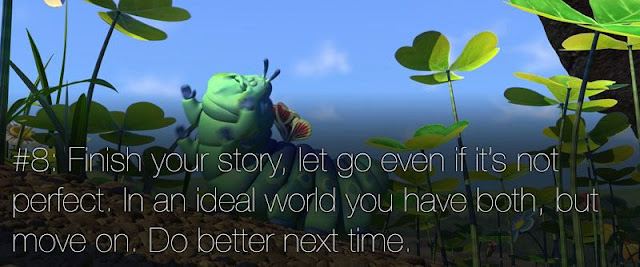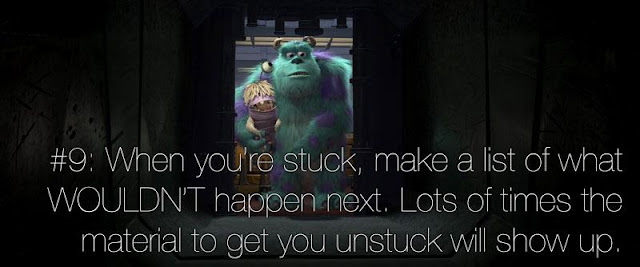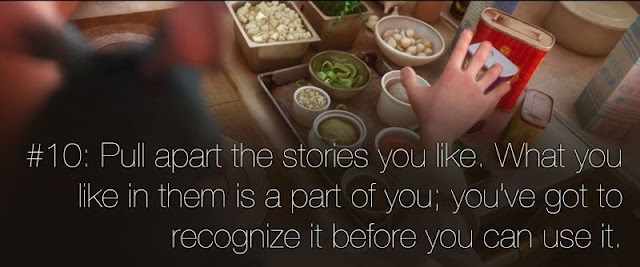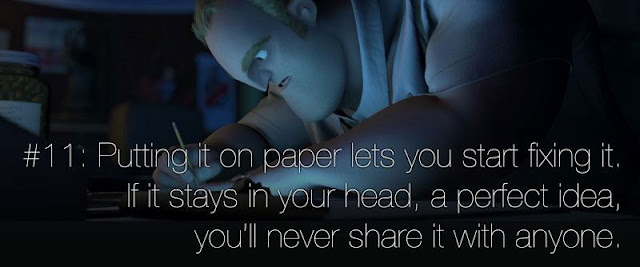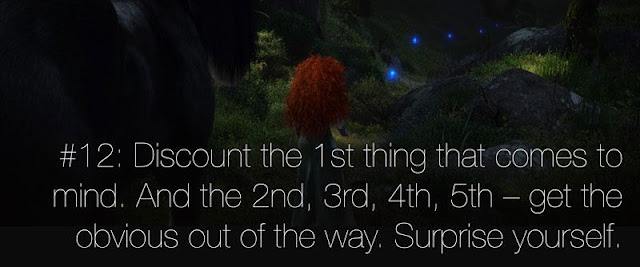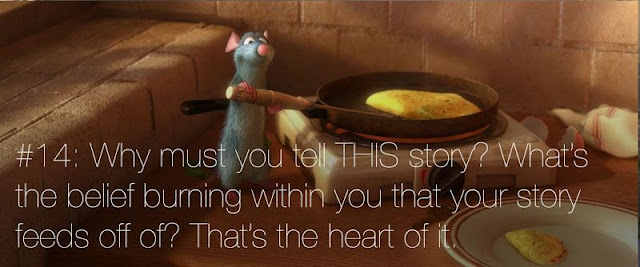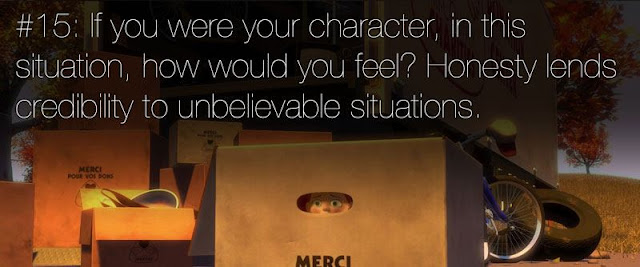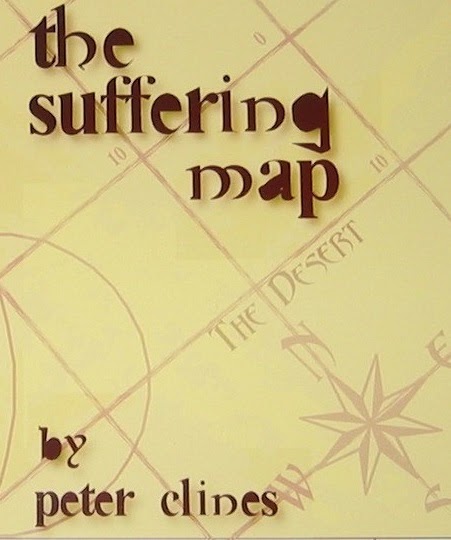A few weeks back (over on Twitter) I tossed out a general question to any writer who wanted to answer—“Do you have a trunk novel that you wouldn’trelease right now?” And I wasn’t really surprised to see a fair number of folks respond affirmatively. One or two were almost enthusiastically affirmative. In fact, only one person said no, and even their no was couched in the acknowledgement said novel would need to be rewritten.
And, okay, maybe I’m skipping ahead a bit. Does everyone here know what a trunk novel is? Let’s start there.
Really short version, a trunk novel is a finished (or maybe close-to-finished) novel that I’ve decided to put aside for a while. Usually a long while. It gets its name from ye olden times, when authors had to write everything on crushed papyrus. And if you had something that didn’t work out (for one reason or another) you either had to throw out that physical copy or, y’know, put it away somewhere so it wasn’t taking up desk space. Like, say, in a trunk. Because everyone had steamer trunks back then.
Nowadays we don’t have the space problem (yay, electromagnetic memory bubbles), but a lot of us still end up with stuff we can’t find homes for right now. And that’s what I wanted to talk about. Why things get put away and what happens when we pick them back up.
Right off the bat, there’s nothing wrong with needing to put something aside. It doesn’t mean I’ve failed or wasted time. If anything, I think it can be kind of mature and healthy when someone sets things aside. From a writer-ly point of view, it means I’ve realized this isn’t going to work, for one reason or another. Maybe I’ve admitted I don’t have the skill yet to make this particular story work the way I want it to. Perhaps I’ve determined the market’s not good for my story right now. Hell, it could be that I’ve realized the story just doesn’t work. It seemed clever at first but now that I’ve cleaned it up and expanded it… yeah, that is a massive, gaping hole there in the middle of it. Like, highway-swallowing-sinkhole massive.
So, yeah. Absolutely nothing wrong with taking something I spent a lot of time on and just wrapping it up in a blanket to sleep while I move on to other things.
Because after a point there are choices to be made. I can just keep plugging away at this again and again and again until I get it right. Or I can keep hunting for a market to take it, until I’ve been hunting so long I can circle around to those first submissions again and say “well, how about now?” But this is a tricky balance. Because there is a point that I’m spending so much time on this thing—trying to make it perfect, trying to get it sold—that I haven’t done anything else. And the months and years I spend doing that are months and years I could’ve spent writing something new. That’s a tipping point we all need to find for ourselves, when “not giving up” becomes “putting off doing anything else.” It’s the polar opposite of the shiny new idea.
And, yeah… I’m speaking from experience here. A lot of you have heard of my trunk novel, The Suffering Map. I worked on it on and off for years. Maybe three years of solid work altogether, spread out across almost four times that. I rewrote it again and again. I showed it to agents and editors. I rewrote it some more. And finally I realized, like I just said, that I’d been working on this thing for over a decade. I was in my thirties and I’d been working on it pretty much since I got out of college.
So after my latest round of rejections, I put it away and called it good. And went on to start writing a book about a government teleportation projectwhich, oddly enough, I set aside when I got a really good opening from a publisher to deliver a zombies vs. superheroes book.
Which means putting The Suffering Map aside and moving on was a really good decision on my part.
But let’s look at the second half of this. What about picking it up again? I mean, trunking a novel isn’t like shooting it into a black hole. Or being like Robert Louis Stevenson and burning a whole manuscript because he felt it was just way too disturbing for the current market (no, seriously, he did). We can pull it back out, rework it, and maybe find a home for it.
Let’s really consider this, though. Because we can’t just leap back into something from five or ten years ago (or more) and expect it to work just like it did then. For a couple of reasons.
F’r example… hopefully we’ve grown as writers. I think most of us realize the stuff we did when we were fifteen might not hold up as well as the stuff we did at twenty-five or thirty-five. I’m not the person I was then, and I hope you’ve matured too. As a person and as a writer. We’ve (hopefully) grown our vocabularies a bit, learned some new structure tricks, maybe gotten a bit better with subtlety and nuance. We may realize, wow, that whole thing I did there was a bit pretentious, wasn’t it? And maybe that other bit was…
Okay, look, we can just cut all of that bit. Nobody’ll ever even know it was there. Plausible deniability. It’ll be fine.
But the world’s also going to change. Yeah, even in just a couple of years. I mean, go back just five years—April 2016. Obama was still the
And that’s all stuff that should be reflected in my writing.
F’r example… let’s look at The Suffering Map again.
As I’ve mentioned here once or thrice, I can look back at the things I did with this book and see flaws that weren’t apparent to me then. Problems with the dialogue, the structure, and some of the characterizations. There’s a lot of stuff in there I’m very proud of, but there’s also a lot of stuff that makes me very glad nobody outside of a small circle ever saw it. And I absolutely understand why the agents who liked my pitch and read some of it ultimately rejected it.
One of the big issues with it, which I’ve mentioned before, is that I had the wrong character as my protagonist. In retrospect, I stuck with Rob for eight drafts because Rob was, well, the most like me. The easiest to write. And I might not have consciously realized it, but I knew I didn’t have the skill at that point (or the confidence) to write a female character who didn’t feel kinda like… well, kind of a cliché. A bunch of clichés, honestly. So it was easier then to make Sondra a supporting character, even though I realize now her arc is way more interesting than Rob’s. If I ever decided to pick it up again, no question I’d rewrite the whole thing to make her the protagonist.
Plus, let’s look at the world between when I started writing The Suffering Map and now. Answering machines were still a thing then. Same with Walkmans. Cell phones have become much more common than they were then, and they’ve become smartphones. All this means major changes for four or five chapters in the book (plus fallout from those changes), and even some structural changes because smartphones have completely changed how we interact with each other and the world. I mean, I had a scene where Rob gets a call at work, and two others where he uses a Thomas Guide. Anyone remember those?
Politically/socially we were in the height of the
Here’s another thing. In early drafts of The Suffering Map, Sondra was a woman who’d worked in adult films, and as a dancer in later revisions. It was a “young and needed the money” thing. But truth be told, the sex industry has changed quite a bit in the past twenty-five years, and so has many folks’ views of it. It’s still rarely seen as a great thing, but it doesn’t have quite the massive stigma it used to. Which makes it worth mentioning—when you add in the cell phone/internet issue—if I did want to keep something like this hidden, it’s a lot harder these days. Also, a lot of these jobs doesn’t pay as well as they used to (that damned internet again).
So this is a whole character element that would need major revision—if I even decided to keep it and not just have her be an Uber driver or something.
Any of this make sense? I know I’m babbling a bit because this is kind of a big, sprawling thing and I’m trying to cover a lot of it and give some examples.
The two big things to remember are this. There’s nothing wrong with setting something aside, for whatever reason I decide to do it, because I can always pick it back up again. I just need to remember the world is going to change. And if I’ve been doing things correctly. Hopefully I’ve changed too.
Hopefully.
Next time, I want to talk to you about a very important saxophonist.
Until then, go write.





